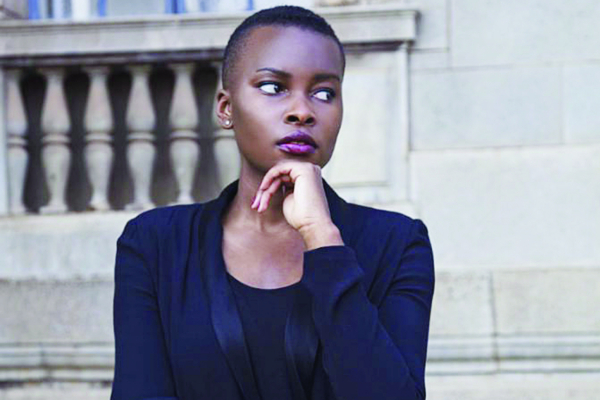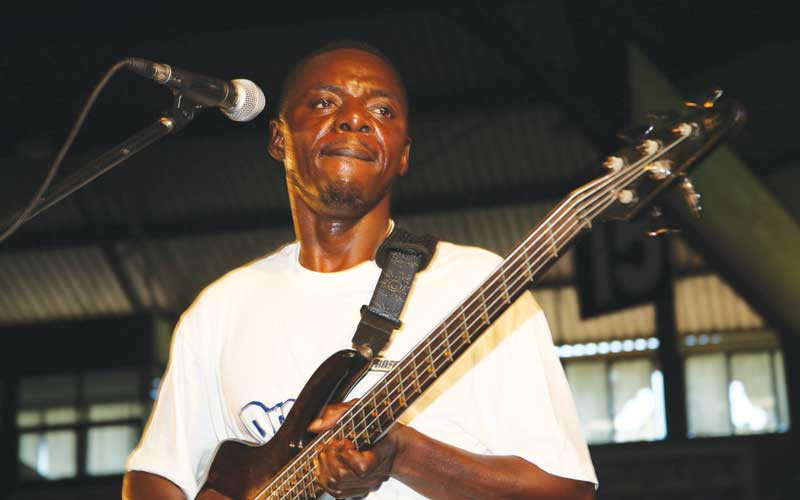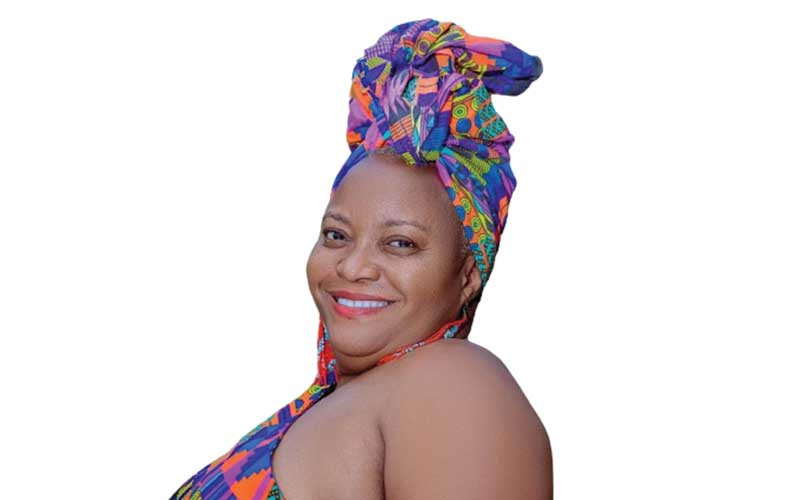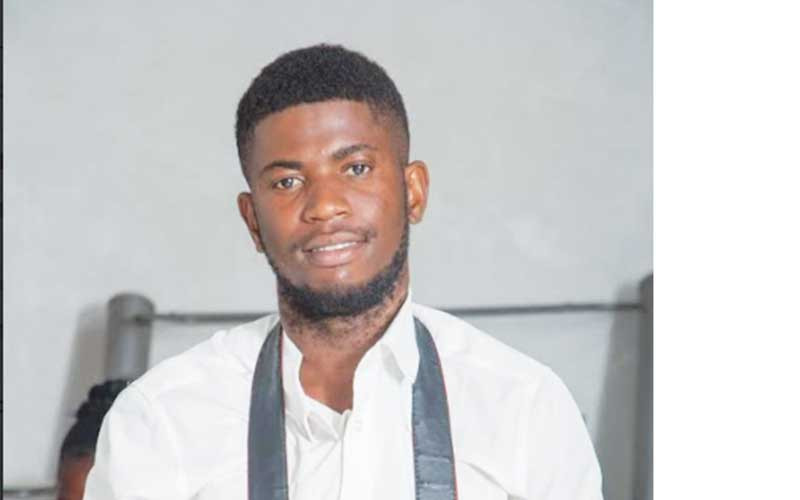
SOUTH Africa-based Zimbabwean author and Vanguard Magazine founder Panashe Chigumadzi says it was not surprising that only four of the 22 candidates contesting for the presidency in yesterday’s harmonised elections were women because the country has always been mired in “toxic patriarchal politics”.
BY TAFADZWA KACHIKO
Speaking during the launch of her book, These Bones Will Rise Again, tracing Mugabe’s fall from power in November last year, Chigumadzi said female politicians have had to deal with a lot of abuse.
“Only four of the 22 presidential candidates are women. This is unsurprising given our long history of toxic patriarchal politics. Whether it is Thokozani Khupe or Joice Mujuru or Grace Mugabe, female politicians have had to do deal with physical and/or verbal abuse such as being called whores,” she said, adding that the political labelling of women as “whores” or “prostitutes” was historical.
Chigumadzi said it was not easy to write the book after her editor and publisher, Ellah Wakatama-Allfrey, tasked her to reflect on the November 2017 coup because there were very few accounts of the country’s history told through women.
“Mbuya Nehanda is often cast as the lone heroine of our Chimurengas, as part of a broader political history that makes wombs of women, emptying us of all human complexity so that we are impregnated with all that is good or wrong in our society,” she said.
“We either become mothers of the nation, birthing all that is good or evil stepmothers, birthing all that is bad, as is seen in the many Sally versus Grace comparisons.”
The author said Mbuya Nehanda’s history was often used to erase other histories of women’s resistance.
- Chamisa under fire over US$120K donation
- Mavhunga puts DeMbare into Chibuku quarterfinals
- Pension funds bet on Cabora Bassa oilfields
- Councils defy govt fire tender directive
Keep Reading
She cited Nehanda’s contemporary called Indlovukazi Lozikheyi Dlodlo as well as many other women, including war collaborators, who bore the brunt of the liberation war crossfires.
Chigumadzi said Nehanda’s bones could be “as a symbol of inter-generational struggle for freedom and liberation”. Renowned author and University of Zimbabwe lecturer Memory Chirere applauded Chigumadzi for seeking to bridge the gap between individual people’s history and the official.
“This is a great thing because she is moving between individual, family and history making dialogue and finding a space to fit. It’s neither history nor fiction,” he said.
“We normally don’t fit in the livelihoods of people during historical moments. I agree with her because nobody thought of remembering Mbuya Nehanda as an individual. We don’t allow her to be Charwe.”











